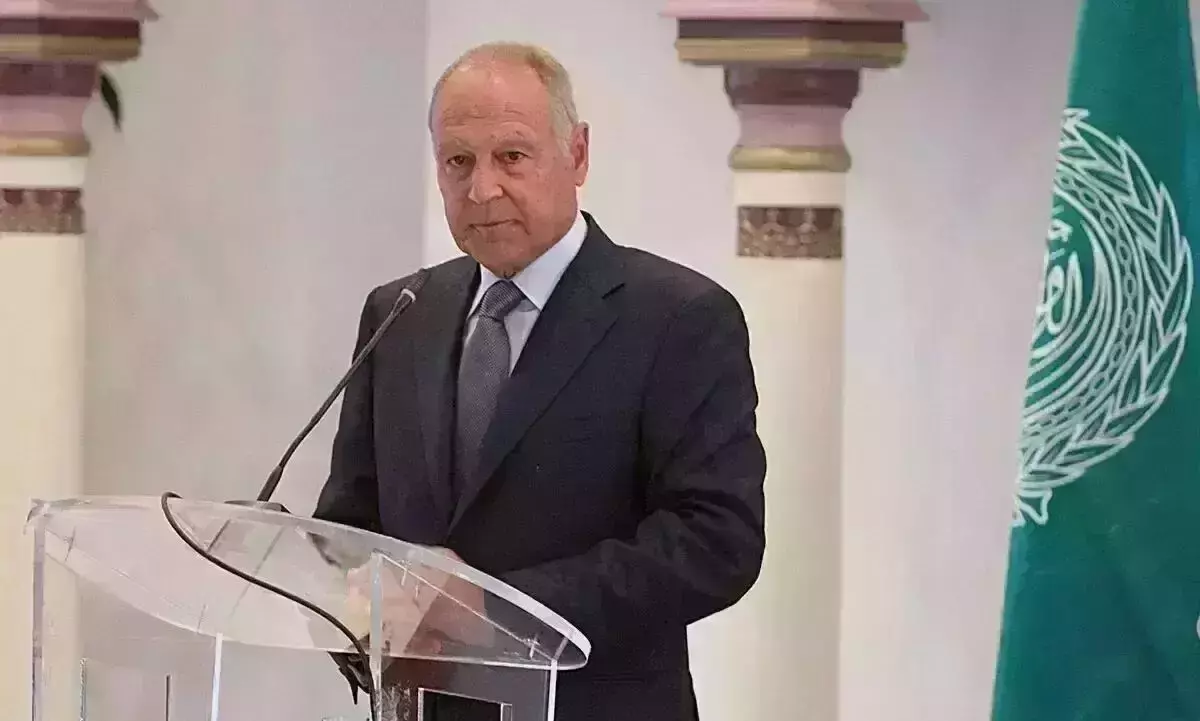
Arab-Israeli peace relations depends on Palestinian independence' says Secretary Gen. of Arab League
text_fieldsAhmed Aboul-Gheit , Secretary General of the Arab League, 2 September 2016/Image Courtesy/Anadolu Agency]
Cairo: Ahmed Aboul-Gheit, Secretary-General of the Arab League (AL), said that a stage of comprehensive and normal Arab-Israeli peace relations can only be achieved when the Palestinian people gain their freedom and independence.
In a statement, the Cairo-based pan-Arab body quoted Aboul-Gheit as saying that that this can be reached through the "land for peace" principle and the establishment of a fully sovereign and independent Palestinian state along the 1967 borders with East Jerusalem as its capital, reports Xinhua news agency.
Aboul-Gheit's remarks came days after the United Arab Emirates (UAE) reached a US-brokered peace agreement with Israel on August 13 that includes "full normalization of relations".
According to the agreement, Israel will suspend the annexation of Palestinian lands in the occupied West Bank, while it focuses on expanding ties with other Arab countries with other nations in the Muslim world.
Although welcomed by some Arab states, the deal was rejected by the Palestinian side as "a stab in the back".
In Saturday's statement, the AL chief said that the Palestinian cause is a matter of consensus among all member states and ending the Israeli occupation of the Palestinian territories is a central goal of all Arab countries "without exception".
"A true, lasting, just and comprehensive peace with all its elements remains a strategic option for Arab countries," Aboul-Gheit added.
He also voiced a "complete and unanimous Arab rejection" of Israel's plan to annex parts of the Palestinian occupied territories in the West Bank.
The August 13 agreement marked the first diplomatic relations between Israel and a Gulf country.
The UAE is the third Arab country, after Egypt and Jordan, to establish official ties with Israel.
























